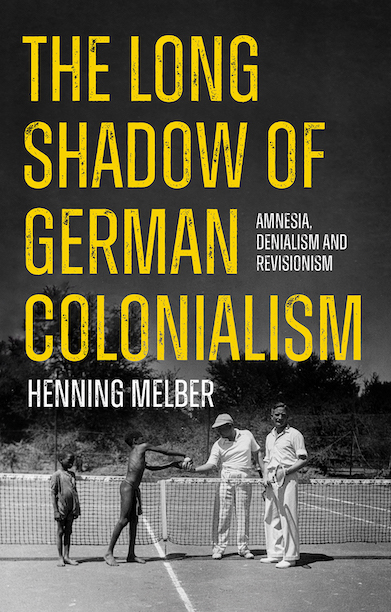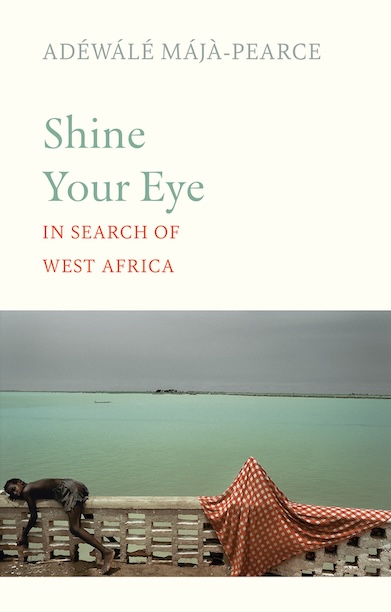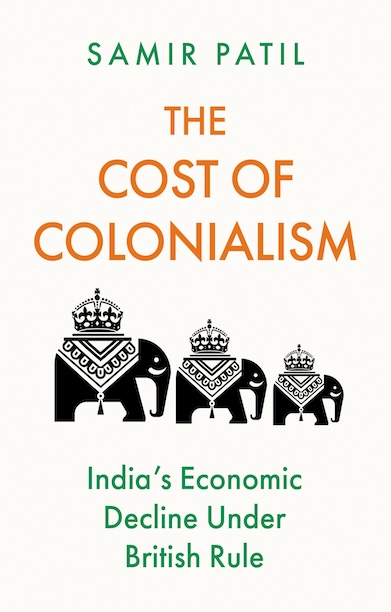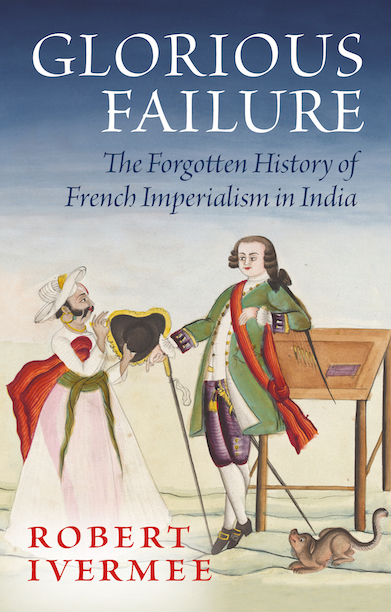The Long Shadow of German Colonialism
Amnesia, Denialism and Revisionism
A no-holds-barred account of how German society struggles with its colonial legacy.
Description
From 1884 to 1914, the world’s fourth-largest overseas colonial empire was that of the German Kaiserreich. Yet this fact is little known in Germany and the subject remains virtually absent from most school textbooks.
While debates are now common in France and Britain over the impact of empire on former colonies and colonising societies, German imperialism has only more recently become a topic of wider public interest. In 2015, the German government belatedly and half-heartedly conceded that the extermination policies carried out over 1904–8 in the settler colony of German South West Africa (now Namibia) qualify as genocide. But the recent invigoration of debate on Germany’s colonial past has been hindered by continued amnesia, denialism and a populist right endorsing colonial revisionism. A campaign against postcolonial studies has sought to denounce and ostracise any serious engagement with the crimes of the imperial age.
Henning Melber presents an overview of German colonial rule and analyses how its legacy has affected and been debated in German society, politics and the media. He also discusses the quotidian experiences of Afro-Germans, the restitution of colonial loot, and how the history of colonialism affects important institutions such as the Humboldt Forum.
Reviews
‘In his knowledgeable synthesis […] Melber emphasises that “amnesia, denial and revisionism” continue to determine how the colonial past is dealt with in’ Germany.’ — Frankfurter Allgemeine
‘One hopes that this book will find a wide readership.’ — Die Tageszeitung
‘[Provides] new perspectives on Nazism, German racial thinking and colonisation.’ — African Business
‘Based on a diverse and impressive body of literature. The fruit of much reflection on colonialism, the book is a testament to hope.’ — The Namibian
‘An extremely committed, analytically brilliant study of German colonialism.’ — Zeitschrift für Geschichtswissenschaft (ZfG)
‘Exposes in chilling detail the horror of Germany’s overseas colonial empire and scrupulously probes the ongoing failure of Germany to own its racist colonial past. This needs to be read urgently and widely.’ — Susan Williams, author of White Malice
‘A passionate, scholarly and timely attempt to put the colonial empire of the Kaiserreich back at the heart of modern German history. Melber analyses the ways in which collective amnesia has obscured the crimes of the empire and helps to explain why the subject has proved so divisive.’ — Philip Murphy, Director of History and Policy, Institute of Historical Research, and author of The Empire’s New Clothes
‘This groundbreaking book cuts against Germany’s commemorative and indeed political habit of ignoring colonial history, and offers a much-needed historical framing for racism, colonialism and genocide.’ — Sabelo J. Ndlovu-Gatsheni, author of Beyond the Coloniality of Internationalism
‘Timely, wide-ranging and ambitious. Melber expertly lays bare the violence of Germany’s colonial past and makes clear the urgency of engaging with its enduring legacies.’ — Robbie Aitken, co-author of Black Germany
Author(s)
Henning Melber is Director Emeritus of the Dag Hammarskjöld Foundation and former research director of the Nordic Africa Institute. Since joining Namibia’s anti-colonial movement, he has been a scholar-activist. His books include Understanding Namibia and Dag Hammarskjöld, the United Nations and the Decolonisation of Africa, both published by Hurst.






